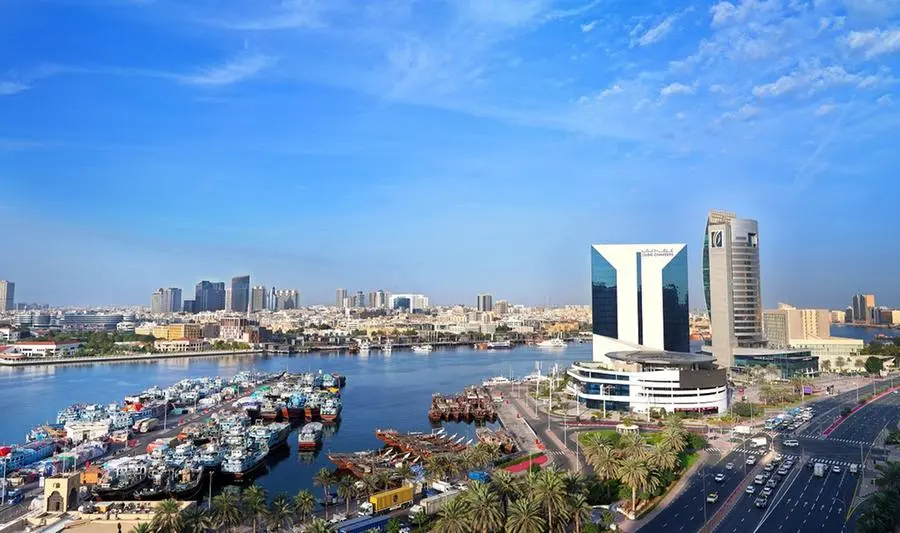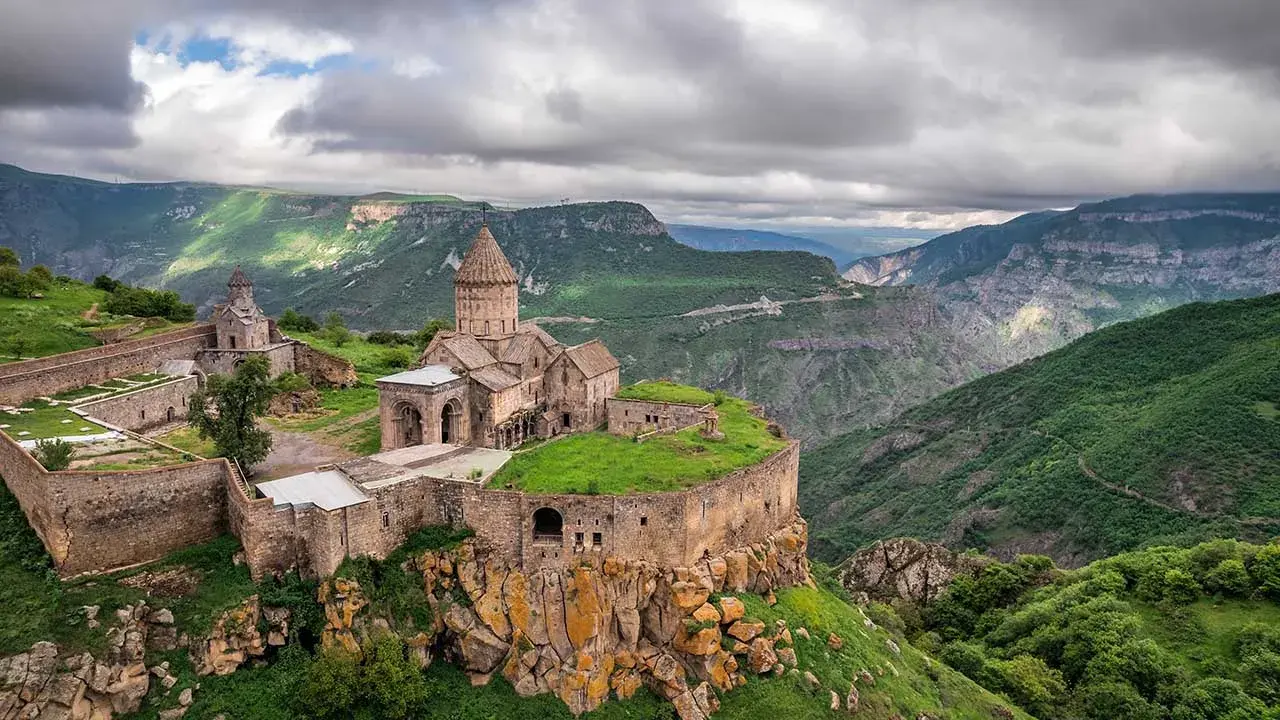The project has been implemented under the guidance of a committee comprising eminent historians that was formed in 2019
The passage leading to the Jallianwala Bagh in Amritsar was renovated under a Rs-20-crore upgradation project for the Jallianwala Bagh monument sanctioned in 2019 under the National Implementation Committee to mark 100 years of the massacre.
The massacre took place at the Bagh on Baisakhi day, 1919, by blocking this lane which the troops of Gen REH Dyer cut off escape for the crowd assembled inside, and mowed down hundreds at practically pointblank range.
Prime Minister Narendra Modi inaugurated the revamped Jallianwala Bagh, the narrow lane with stark brick walls that had been completely transformed. The tunnel was partially closed to the sky, complete with a new floor, and with the walls on either side fill of shiny murals of dozens of human figures, symbolising the common people who fell to Dyer’s bullets.
“Devastated to hear that Jallianwala Bagh…has been revamped — which means that the last traces of the event have effectively been erased,” Wagner posted on Twitter on Saturday. He called it a “part of the general Disneyfication of the old city of Amritsar”.
Wagner’s tweet set off a storm of outrage from historians, culture aficionados, and ordinary tourists who had visited Jallianwala Bagh before it was shut for renovation in 2019. British Sikh MP Preet Kaur Gill tweeted: “Our history being erased. Why?”
BJP MP Shwait Malik, who is also a trustee of the Jallianwala Bagh Trust, argued: “These sculptures in the lane will make visitors conscious of those who walked in on that day… Earlier, people walked this narrow lane without knowing its history, now they will walk with history.”
The ASI official said that the famous and evocative bullet marks on the walls have been conserved by the local circle of the Survey under direct supervision from Delhi
“The project has been implemented under the guidance of a committee comprising eminent historians that was formed in 2019. They met at every stage of the project, and laboriously went through drawings and sketches for things like people’s clothing,” an ASI official said.
Former MP Tarlochan Singh, also a trustee, said: “There was no renovation of the Bagh in the last 100 years. It was we who made a case for upgrading it in the centenary year of the massacre.”
Conservationist Gurmeet Sangha Rai said, “The spirit of the space has been compromised to create a kind of drama by installing sculptures etc.”
The advisory committee for the renovation had senior officials from the Ministries of Culture and Tourism, besides the ASI and NBCC Ltd, which floated a tender and engaged Ahmedabad-based Vama Communications to execute the project, officials said.
Not just the lane, the entire monument has undergone changes. Toughened glass has been installed on all sides of the Shaheedi Khu (Martyrs’ Well) “for a better view”. Four new galleries have been set up, with material on the massacre as well as the working of Empire in the Punjab.
Vandana Raj, founder of Vama, said, “The idea was not to change, but to enhance. For instance, the superstructure around the Matryrs’ Well that has been removed was never a part of the heritage structure. It came much later, in the 1960s, when the Bagh was turned into a monument. Now, the glass walls offer a much better view to visitors while also retaining the originality of the well from 1919.”
The widespread seepage and in-growth of weeds and algae have been fixed, and the dilapidated and ill-kept buildings have been turned into viewing galleries, Raj said. Unused storehouses have been turned into administrative buildings and a 100-seat theatre.
The ASI official said that the famous and evocative bullet marks on the walls have been conserved by the local circle of the Survey “under direct supervision from Delhi”. Members of the various committees held no less than 20-30 meetings from time to time during the two years of the facelift project, the official said. At these meetings, each and every detail was vetted and approved, and only then was it implemented, he said.








